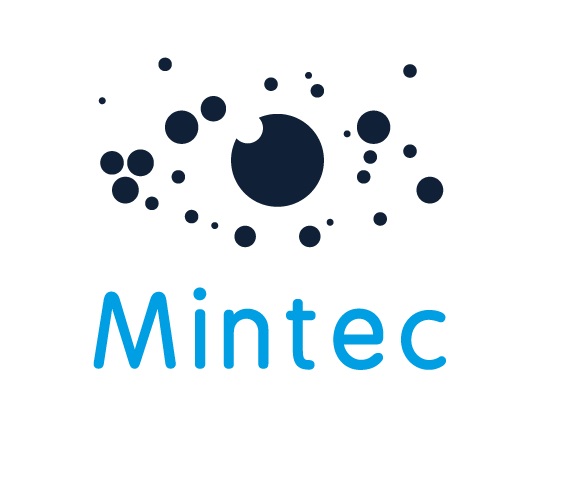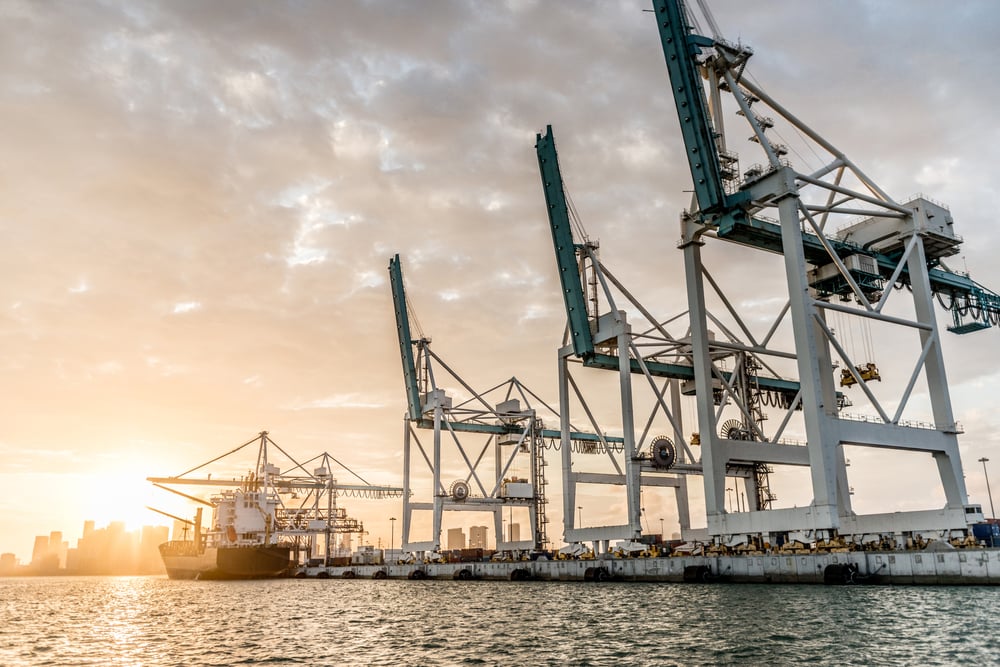In a runoff election held on 19 November, Javier Milei was chosen to become the next president of Argentina.
Described as a “conservative provocateur” and a “libertarian outsider” by foreign press, President-Elect Milei was elected at the head of the La Libertad Avanza coalition, which brings together several right wing parties.
Economics were among the most important issues of the campaign, with Milei famously championing radical policies such as dollarisation to replace the Argentine Peso with the US Dollar.
More relevant to the world of agribusiness are his promises to dismantle Argentina’s system of export duties on agricultural products, which could boost grain exports from Argentina.
They are currently 12% for wheat, 12% for corn, 33% for soybeans, 31% for soyabean meal, 7% for sunflowers and 5% for sunflower oil.
These policies are likely to have knock-on effects on food manufacturing supply chains.
Argentina is a leading supplier of various staple ingredients, from cereals to beef. Perhaps most important is the country's role in soy-based products; outside of the drought, it is the leading exporter of processed soy in the forms of edible oil and soybean meal, and is the third largest grower of soybeans. ![]()
“The elimination of export taxes might increase income for exporters and farmers in the medium to long term. This should thus boost investment in the sector and lead to more sowing of soybeans”, explains Nouha Slama, oilseed and biofuel analyst at Mintec's Stratégie Grains publication.
“Higher yields will also be possible with more fertilizers applied to crops. This should result in greater soya oil and meal production/exports, which is indeed a bearish factor for prices in the long term (2024/25).
However, there is still a lot of uncertainty regarding how and when these measures will be implemented. In the meantime, farmers will be holding on to the beans and adopting a "wait and see" strategy.
In the short term, prices are expected to follow an upward trend as the soya complex will be in deficit until the arrival of the South American harvest in the spring 2024."

.png?width=145&height=54&name=Mintec_Logo_Small_Use_Mono_RGB%20(2).png)


















